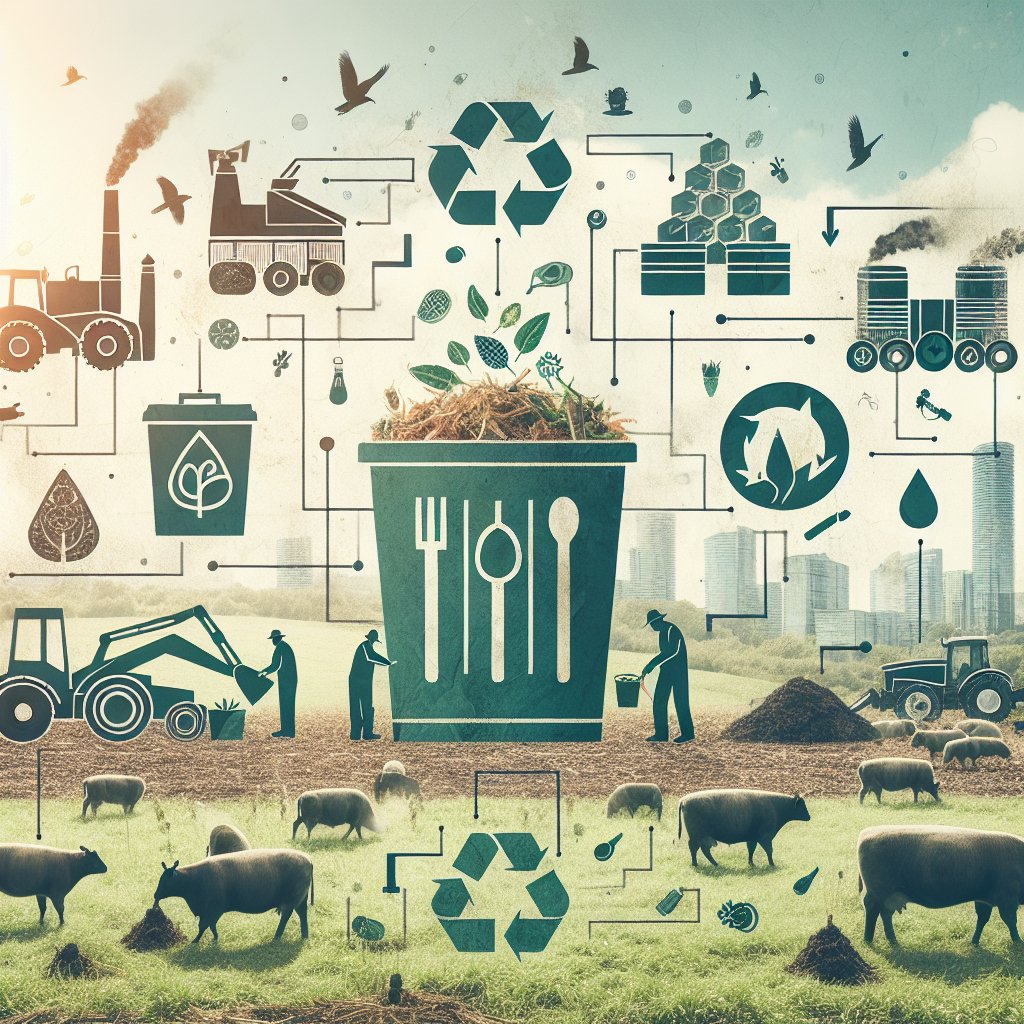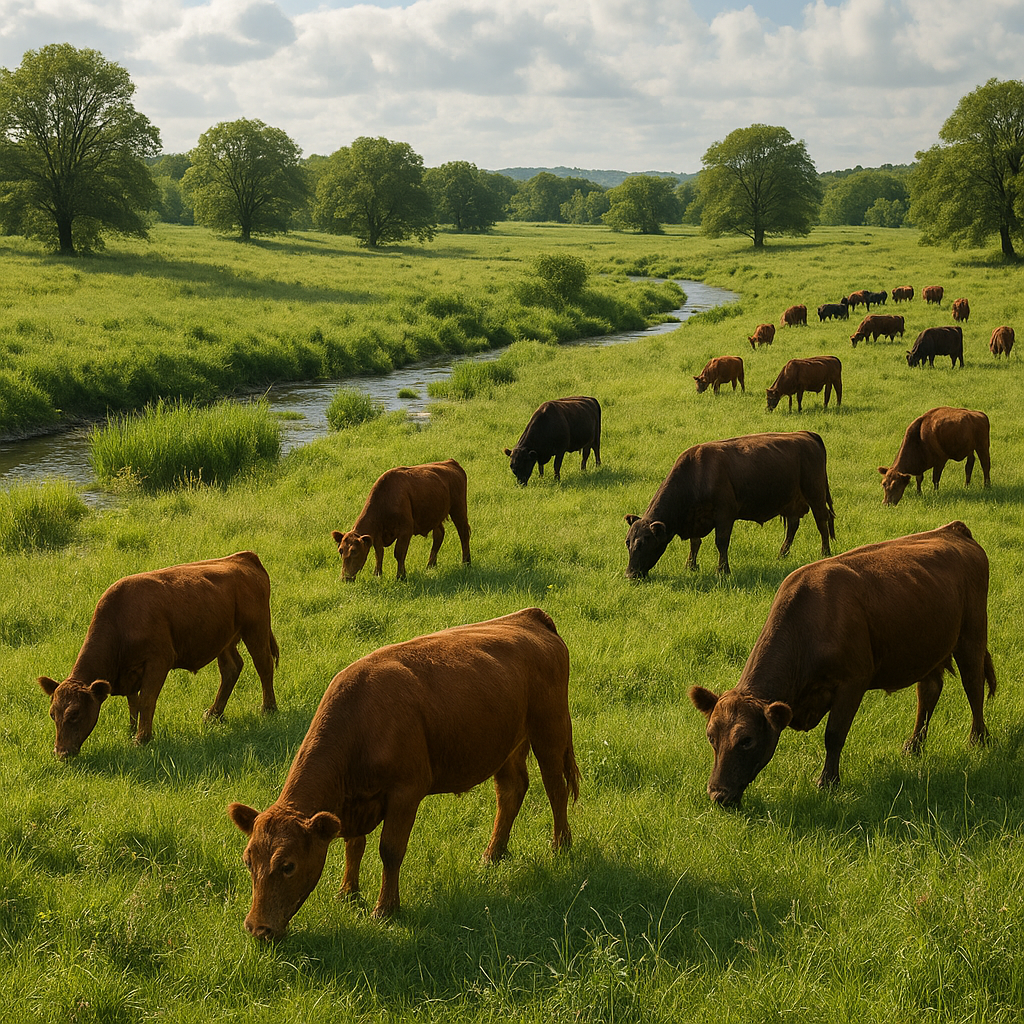Food waste is a significant issue in modern agriculture, with substantial amounts of produce never reaching consumers. This article explores strategies to reduce food waste in farming operations, focusing on both pre-harvest and post-harvest stages. By implementing these strategies, farmers can enhance sustainability, improve profitability, and contribute to global food security.
Understanding the Causes of Food Waste in Agriculture
Before addressing the solutions, it is crucial to understand the root causes of food waste in farming operations. Food waste can occur at various stages of the agricultural process, from planting to harvesting and beyond. Identifying these causes is the first step in developing effective strategies to mitigate waste.
Pre-Harvest Factors
Pre-harvest food waste often results from factors such as poor crop planning, pest infestations, and adverse weather conditions. Farmers may plant more crops than necessary to hedge against potential losses, leading to surplus production. Additionally, inadequate pest control measures can result in significant crop damage, while unpredictable weather patterns can further exacerbate these issues.
Post-Harvest Factors
Post-harvest food waste is primarily due to inefficient handling, storage, and transportation practices. Improper storage conditions can lead to spoilage, while inadequate transportation infrastructure can result in produce being damaged or lost during transit. Furthermore, market fluctuations and consumer preferences can lead to unsold produce, contributing to waste.
Strategies to Reduce Food Waste in Farming Operations
Addressing food waste in agriculture requires a multifaceted approach that involves improving efficiency, adopting innovative technologies, and fostering collaboration across the supply chain. The following strategies offer practical solutions for reducing food waste in farming operations.
Optimizing Crop Planning and Management
Effective crop planning and management are essential for minimizing pre-harvest food waste. Farmers can use data-driven approaches, such as precision agriculture, to optimize planting schedules and resource allocation. By analyzing soil conditions, weather patterns, and market demand, farmers can make informed decisions that reduce the risk of overproduction and crop loss.
Implementing Integrated Pest Management
Integrated Pest Management (IPM) is a sustainable approach to controlling pests that combines biological, cultural, and chemical methods. By using IPM, farmers can reduce crop damage and minimize the need for chemical pesticides, which can have adverse environmental effects. This approach not only helps in preserving crop quality but also contributes to reducing food waste.
Enhancing Post-Harvest Handling and Storage
Improving post-harvest handling and storage practices is crucial for reducing food waste. Farmers can invest in modern storage facilities that maintain optimal temperature and humidity levels, preventing spoilage. Additionally, adopting better packaging materials and techniques can protect produce during transportation, reducing the likelihood of damage.
Leveraging Technology and Innovation
Technology plays a vital role in reducing food waste in agriculture. Innovations such as blockchain can enhance supply chain transparency, allowing farmers to track produce from farm to table. This visibility helps in identifying inefficiencies and areas for improvement. Moreover, mobile applications and online platforms can connect farmers with buyers, reducing the risk of unsold produce.
Fostering Collaboration Across the Supply Chain
Collaboration among stakeholders in the agricultural supply chain is essential for reducing food waste. Farmers, distributors, retailers, and consumers must work together to create a more efficient and sustainable system. Initiatives such as food recovery programs and partnerships with food banks can help redirect surplus produce to those in need, minimizing waste.
Conclusion
Reducing food waste in farming operations is a complex challenge that requires a comprehensive approach. By understanding the causes of waste and implementing targeted strategies, farmers can enhance their operations’ sustainability and profitability. Through collaboration and innovation, the agricultural sector can make significant strides toward reducing food waste and contributing to global food security.



